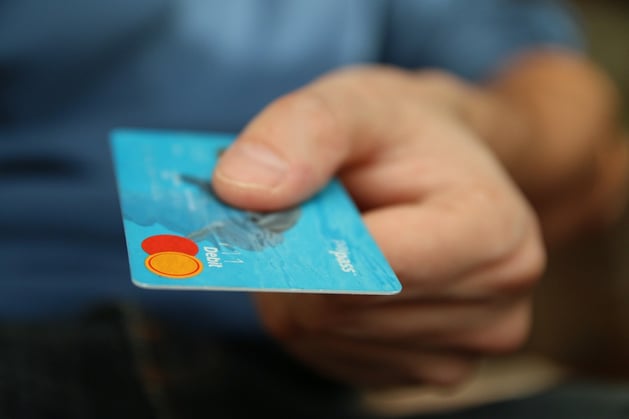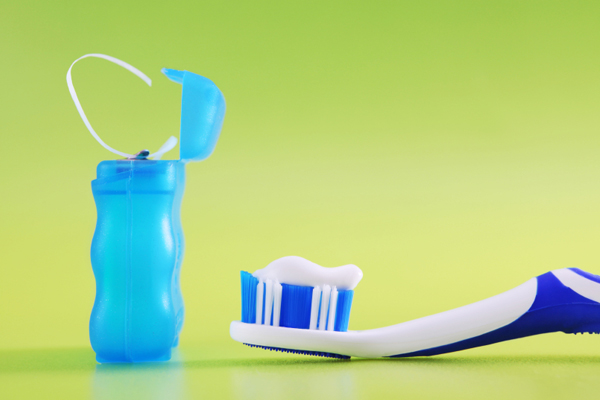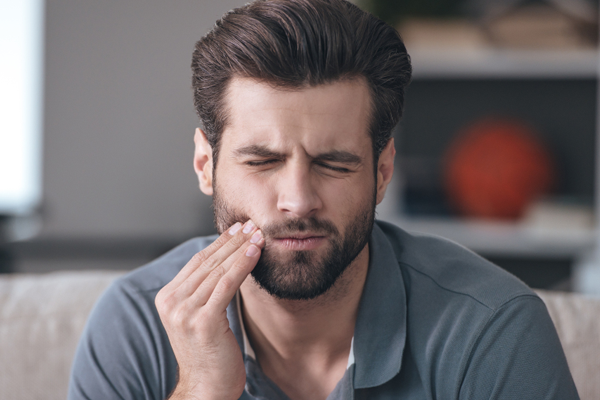
If you’ve ever experienced a toothache, you know just how painful, and even debilitating it can be. Even a relatively minor issue like a cavity or loosefilling can send people running to the emergency room at their local hospital where, according to numerous studies, they end up receiving expensive, ineffective care.
This is a growing problem. In the decade between 2000 and 2010, the number of dental-related emergency room visits in the United States rose from 1.1 million to 2.1 million annually, and about 1.5% of those cases resulted in longer inpatient hospital stays.
"If you’ve ever experienced a toothache, you know just how painful, and even debilitating it can be."
The trouble with this trend is that most hospital emergency rooms are ill-equipped to deal with dental emergencies appropriately and rely far more on prescription-based pain management than on treating and resolving dental problems. This leaves the patient temporarily more comfortable, but still experiencing a dental issue. And these emergency services are very expensive as well, especially for the large number of patients who have no dental insurance.
So what can patients do to avoid costly dental emergencies in the first place, for the sake of their oral health and their wallet?
Related Content: The Importance of Family Dental Care
Maintain Your Oral Health at Home
 The importance of products like a toothbrush and floss shouldn't be overlooked.
The importance of products like a toothbrush and floss shouldn't be overlooked.
It may sound simple, but brushing your teeth and flossing regularly really are the best things you can do to avoid costly and painful dental emergencies.
Dental caries, the bacterial condition that causes most cavities and tooth decay, is the most common underlying cause of acute tooth pain. This pain, which can be extreme depending on where the tooth is decayed and how long the condition has gone untreated, leads to most dental-related emergency room visits every year.
As every dentist has told you, brushing and flossing routinely - preferably first thing in the morning and after each meal - is the best way to stave off dental caries and keep your teeth and gums healthy and resilient.
It’s also very inexpensive to keep a tube of toothpaste, a toothbrush, and a supply of dental floss on hand, especially in comparison to the high cost of emergency dental care.
See Your Dentist Every Six Months
Whether the cause of your eventual trip to the emergency room is simple dental caries, or something less common like an abscess, pericoronitis (the inflammation of the gums over a partially erupted tooth), or a fractured tooth, it’s rare for these conditions to develop so quickly that a semiannual dentist visit will not have caught it before it caused you pain.
When you go in for your six-month check-up at the dentist, it’s not just about getting a thorough cleaning. The visit always ends with an examination by the dentist, sometimes with x-rays included. This can identify a burgeoning problem with your teeth and gums before you’re even aware, allowing the dentist to treat and resolve it before it progresses.
While preventive dental care often requires budgeting, especially without dental insurance, the investment in semiannual visits is far less than what you will spend on one or more emergency room visits and the subsequent dental treatment required to resolve the issue. Many uninsured people have found that dental discount plans offer a significant savings that puts semiannual preventive care well within their reach.
Protect Your Teeth

By caring for your teeth now, you may be able to avoid costly emergencies down the road.
The smaller portion of emergency room visits involving dental problems that are not based on preventable tooth decay are usually trauma related: broken, loose, or lost teeth.
While standard preventive care and good oral health can’t eliminate all of these ER visits, strong, healthy teeth are ultimately more resilient to minor trauma than teeth that haven’t been properly cared for.
Beyond that, there are some practical steps you can take to minimize your risk of a dental emergency:
- If playing any kind of contact sport, wear an ADA-approved mouth guard.
- Avoid aggressively chewing hard items like ice cubes, popcorn kernels, or hard candy, all of which can crack teeth.
- Don’t use your teeth to rip, tear, or cut foreign objects when you should be using scissors or a knife.
As the saying goes, an ounce of prevention is worth a pound of cure. If you take care of your teeth now, they can benefit your health in the long run. Are you looking for ways to save on your next dental visits? Find out how our discount dental plan helps you save 20%-50% on your dentist appointment.
